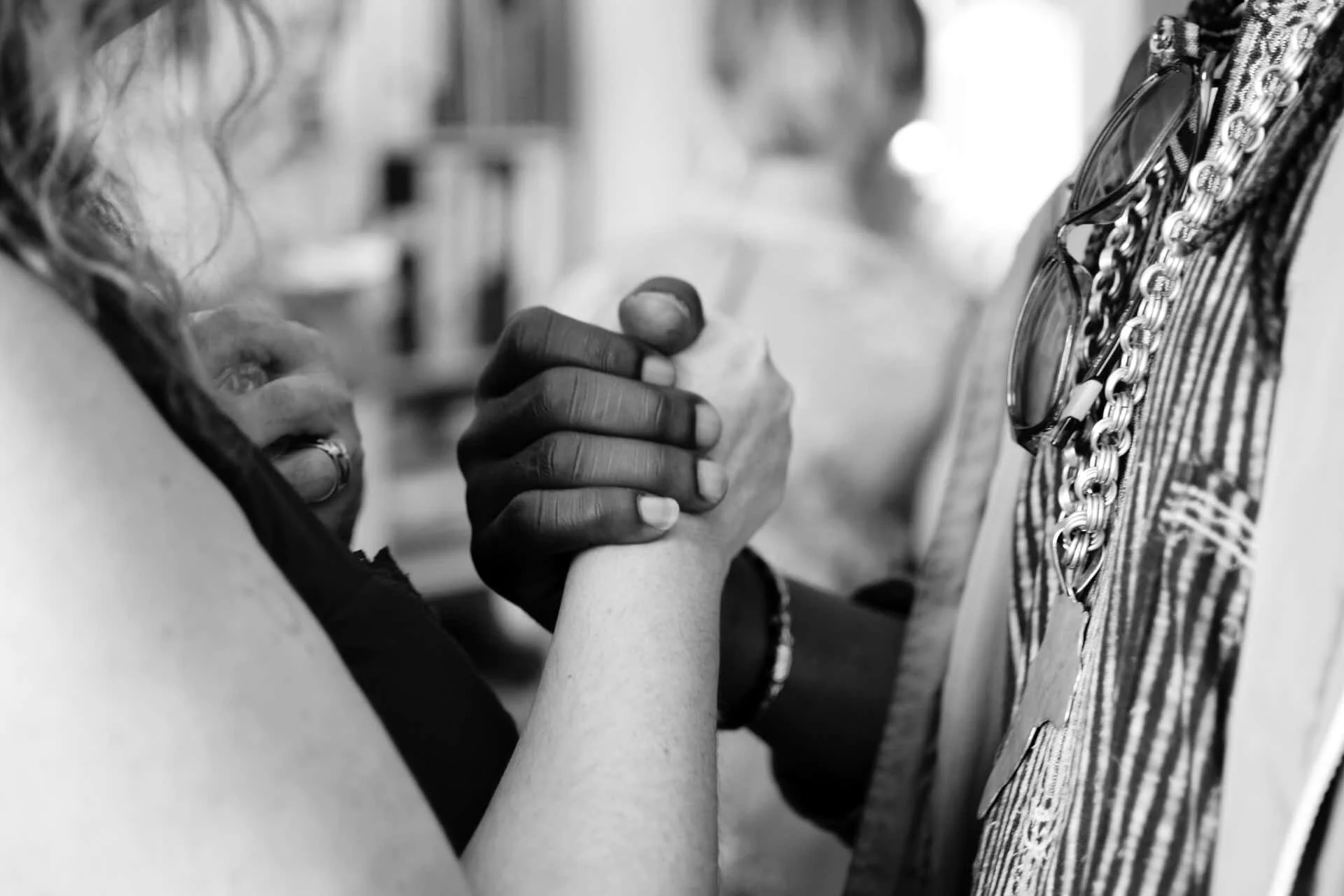
My Journey Toward A Deeper Understanding Of Racial Justice
Having earned a Master’s degree in social work, I always believed that I was educated about social justice issues. However, recent experiences in life have humbled me and made me realize that, for all my academic credentials, I did not fully understand the racial injustice that plagues this nation.
When people close to me first pointed this out, I felt shocked, confused, defensive, and reactive. As I asked them to tell me more, however, a whole new layer of the onion peeled back. I began to see my own ignorance. Like many white Americans, I realized that the ugly history of systemic oppression in this nation had been whitewashed for me. I thought I understood the injustices that people of color have faced—but I didn’t. On a real, flesh-and-blood level, I had not fully grasped the extent of their suffering. And although I still haven’t, what I have grasped is the depths of my own ignorance and my own privilege. I believe every white American should do the same.
How Should We Respond To Racial Issues That Have Been Going On For Centuries?
Today, the media is dominated by storylines of social change. All over the internet, radio, and television, there is talk of institutional racism, hate crimes, and white privilege. In the face of all the burgeoning social awareness, many of us aren’t sure how to respond. The idea of restitution for people who have suffered for generations can elicit all kinds of reactive emotions: anger, fear, confusion, and shame. Why is it my problem, we may ask, if I am not directly responsible for hundreds of years of oppression against other people?
Perhaps nothing troubles us more than the concept that “white silence is violence”—the idea that not taking action against racism means that we are, on some level, racist. This is a hard pill to swallow. I use the word “swallow” because that is literally what our bodies do. Our reactions to upsetting historical events are absorbed into our bodies in ways we don’t always recognize. That is why, in my approach to counseling, I like to concentrate as much on the healing of the body as the healing of the mind.
Liberating The Body Is A Gateway To Liberating Society
In addition to my work as a couples and family therapist, I have been trained in yoga therapy. At its core, this approach is a combination of talk therapy and physical movement. Yoga therapy uses calming exercises like breathing and meditation as an avenue to mental and physical healing. After all, in therapy, it’s impossible to separate the body from the mind. That’s why I am in ongoing training with the Reverend Kodo Williams and the Embodiment Lab. They have shown me how it is possible to bring deep, lasting peace to the mind by focusing on the relaxation of the body.
Our bodies are not just what we eat but also what we see, hear, taste, and touch. All of our senses absorb experiences that are good or bad, right or wrong, and harmful or nurturing. Only by being just and compassionate to our bodies and minds can our society be healed. In order to liberate ourselves from historical baggage, we must begin by healing ourselves. And as we liberate ourselves, we can assist others in their own liberation. In this way, freeing our bodies is a gateway to the freeing of society as a whole. To change the world outside of us, we must first focus on changing the world within us.
I am based in New Jersey, USA and work virtually around the world.